Accelerated Nursing Programs for International Medical Graduates (IMGs)
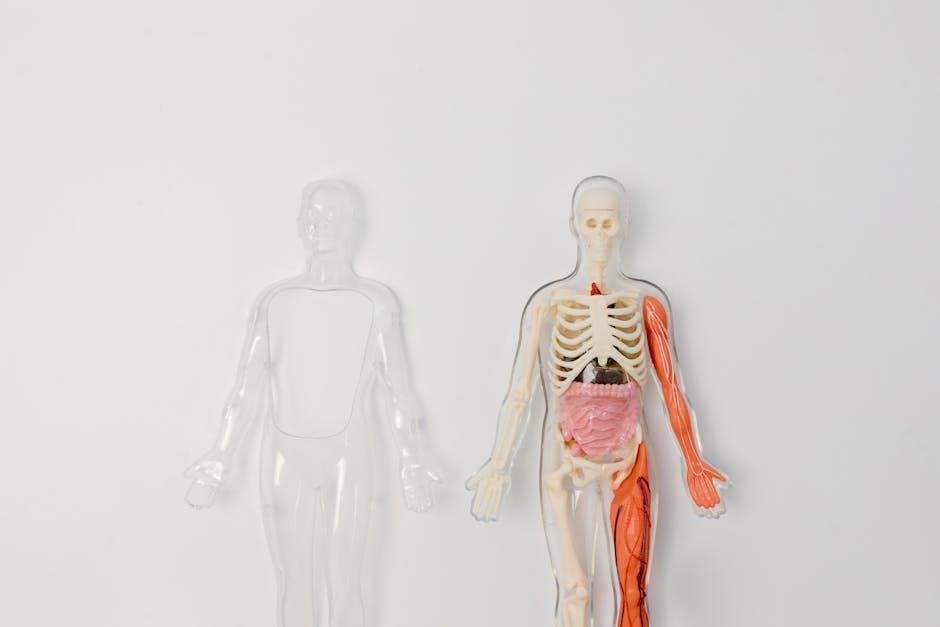
Accelerated BSN programs offer International Medical Graduates (IMGs) a pathway to US nursing, requiring a prior bachelor’s degree. Applications are now open for Winter 2026!
What are Accelerated Nursing Programs?
Accelerated Bachelor of Science in Nursing (ABSN) programs are intensive, fast-paced educational pathways designed for individuals who already hold a bachelor’s degree – often in a field other than nursing. These programs acknowledge prior academic coursework and focus specifically on nursing education, allowing students to earn their BSN in a significantly shorter timeframe, typically 12-18 months, compared to traditional nursing programs.
Unlike traditional BSN programs that span four years, ABSN programs condense the nursing curriculum into as few as four consecutive semesters, including summer sessions. This immersive approach demands a full-time commitment, with classes encompassing didactic learning, hands-on laboratory work, and crucial clinical rotations. The structure is continuous, meaning students are enrolled throughout the year.

For International Medical Graduates (IMGs), ABSN programs represent an efficient route to transitioning their medical background into a nursing career within the United States. They provide a structured and recognized pathway, preparing graduates to sit for the NCLEX-RN exam and become licensed Registered Nurses. These programs are specifically tailored to equip students with the necessary skills and knowledge to excel in the American healthcare system.
Eligibility Criteria for IMGs
International Medical Graduates (IMGs) seeking admission to Accelerated BSN (ABSN) programs generally require a bachelor’s degree – or its equivalent – from an accredited non-U.S. medical school. A master’s degree in a related medical field may also qualify applicants. However, simply possessing a medical degree isn’t always sufficient; programs assess the equivalency of prior education.
Applicants must demonstrate a strong academic record, often with a minimum GPA requirement, typically around 3.0 on a 4.0 scale. Prerequisite coursework in sciences – anatomy, physiology, microbiology, chemistry – is essential, and may need to be completed if not already fulfilled. Some programs may require specific healthcare experience.
Crucially, IMGs must undergo a credential evaluation to verify the authenticity and U.S. equivalency of their foreign transcripts. Services like CGFNS and ECE are commonly accepted. English language proficiency is also mandatory, usually demonstrated through TOEFL or IELTS scores. Finally, prospective students must meet all visa requirements for international students, typically an F-1 visa.
Bachelor’s Degree Requirements & Equivalency
Accelerated Nursing programs for International Medical Graduates (IMGs) mandate a bachelor’s degree, or its equivalent, from a recognized institution outside the United States. This degree doesn’t necessarily need to be in nursing; many programs welcome applicants with backgrounds in other health-related fields, or even unrelated disciplines.
However, verifying the equivalency of a foreign degree to a U.S. bachelor’s is paramount; This is achieved through a formal credential evaluation performed by agencies like CGFNS or ECE. These evaluations assess the curriculum, credit hours, and overall academic rigor of the international institution.
The evaluation determines if the foreign degree meets the minimum requirements for U.S. nursing program admission. Deficiencies in prerequisite coursework – such as anatomy, physiology, and microbiology – may necessitate completion of additional courses before full admission. Programs like Monroe College specifically target IMGs with equivalent bachelor’s degrees, offering a streamlined pathway to a BSN.
NCLEX-RN Exam Preparation
Successful completion of an Accelerated BSN program is only the first step towards becoming a Registered Nurse in the United States. Graduates, including International Medical Graduates (IMGs), must then pass the NCLEX-RN (National Council Licensure Examination). This standardized exam assesses a candidate’s ability to practice safe and effective nursing care.
ABSN programs integrate NCLEX preparation throughout the curriculum, rather than solely focusing on it at the end. This includes practice questions, simulated exams, and review sessions covering all essential nursing concepts. Programs like those at the International College of Health Sciences and FVI School of Nursing emphasize preparing students for this crucial exam.
Furthermore, many programs offer supplemental resources, such as access to online question banks and review courses. Dedicated study and consistent practice are vital for success. Passing the NCLEX-RN is a prerequisite for licensure by any State Board of Nursing, allowing IMGs to begin their nursing careers in the U.S.
Program Structure & Duration (Typically 12-18 Months)
Accelerated Bachelor of Science in Nursing (ABSN) programs are designed for individuals holding a bachelor’s degree in another field, allowing them to earn a BSN in a condensed timeframe. Typically, these programs span 12 to 18 months, demanding a rigorous and fast-paced learning environment.
The structure generally involves four consecutive semesters, including summer sessions, with no traditional breaks. This immersive approach combines didactic coursework – classroom learning – with extensive clinical rotations. Monroe College’s ABSN, for example, is a four-semester program. Students are enrolled continuously, focusing solely on nursing studies.
This intensive format requires significant commitment and time management skills. The curriculum is compressed, covering the same core nursing content as traditional BSN programs but at an accelerated pace. Successful completion prepares graduates to sit for the NCLEX-RN exam and begin their nursing careers, offering a swift transition for International Medical Graduates (IMGs).
Curriculum Overview: Core Nursing Courses
Accelerated BSN programs for International Medical Graduates (IMGs) deliver a comprehensive nursing education, mirroring traditional BSN curricula but condensed into a shorter timeframe. Core courses focus on building a strong foundation in essential nursing principles and skills.
Expect in-depth study of areas like adult health nursing, pediatric nursing, maternity and newborn care, and mental health nursing. Foundational sciences, including anatomy & physiology, microbiology, and pharmacology, are also integral. These courses are often integrated with clinical experiences.
Furthermore, programs emphasize nursing leadership, ethics, and evidence-based practice. Didactic classroom learning is paired with lab components to hone practical skills. The goal is to prepare graduates for the complexities of modern healthcare and successful performance on the NCLEX-RN exam, ensuring they are well-equipped to provide safe and effective patient care.
Clinical Rotations & Practical Experience
Accelerated BSN programs for IMGs heavily emphasize hands-on clinical experience, recognizing its crucial role in developing competent nurses. These rotations are integrated throughout the program, allowing students to apply theoretical knowledge in real-world healthcare settings.
Students can anticipate diverse clinical placements, including hospitals, clinics, and community health centers. Rotations typically cover specialties like medical-surgical nursing, pediatrics, obstetrics, and critical care. This exposure provides a broad understanding of patient care across the lifespan.
Supervision is provided by experienced registered nurses and clinical instructors, offering guidance and feedback. The program structure, with four consecutive semesters including summer, ensures consistent clinical immersion. Practical skills are honed in lab settings before application in clinical environments, preparing graduates to confidently handle various patient scenarios and excel in their future nursing roles.
Financial Aid & Scholarship Opportunities for IMGs
IMGs pursuing accelerated BSN programs often require financial assistance, and several avenues are available. Federal financial aid, including loans, may be accessible to eligible international students with a valid F-1 visa, though requirements are stringent.
Many institutions offer scholarships specifically for international students or those transitioning from healthcare backgrounds. Monroe College and the International College of Health Sciences are examples of schools potentially providing such aid. Investigating program-specific scholarships is crucial.
External organizations also offer scholarships for nursing students. Thorough research is recommended to identify opportunities aligning with individual circumstances. Exploring private loan options can supplement other funding sources. Careful budgeting and financial planning are essential to manage tuition fees and living expenses throughout the 12-18 month program duration. Early application for aid is strongly advised.
Visa Requirements for International Students (F-1 Visa)
International Medical Graduates (IMGs) intending to study in an accelerated BSN program in the US typically require an F-1 student visa. This non-immigrant visa permits full-time academic study at a SEVP-approved school, like Monroe College, International College of Health Sciences, or FVI School of Nursing.
The application process involves acceptance into a program, obtaining an I-20 form from the designated school official (DSO), paying the SEVIS fee, and attending a visa interview at a US embassy or consulate. Applicants must demonstrate sufficient funds to cover tuition, living expenses, and other costs.
Maintaining F-1 status requires full-time enrollment, adherence to program requirements, and compliance with immigration regulations. Work authorization is limited, but opportunities like Curricular Practical Training (CPT) may be available during clinical rotations. Understanding and fulfilling all visa obligations is crucial for successful program completion and potential future employment.
Credential Evaluation Services (CGFNS, ECE)
Accelerated Nursing programs for International Medical Graduates (IMGs) invariably require a professional credential evaluation. This process verifies the equivalency of your foreign education to a US bachelor’s degree. Commonly accepted agencies include the Commission on Graduates of Foreign Nursing Schools (CGFNS) and Educational Credential Evaluators (ECE).
These services assess transcripts, course descriptions, and diplomas to determine the US equivalent. CGFNS offers a comprehensive evaluation specifically for nursing credentials, often required for NCLEX eligibility. ECE provides general academic evaluations, suitable for admission purposes.
The evaluation report is crucial for admission to programs like those at Monroe College, International College of Health Sciences, and FVI School of Nursing. It confirms your prior education meets the necessary standards. Allow ample time for evaluation, as processing can take several weeks. Accurate documentation is essential for a smooth and successful assessment.
State Board of Nursing Requirements (Vary by State)
State Boards of Nursing regulate nursing licensure, and requirements differ significantly across the United States. International Medical Graduates (IMGs) pursuing Accelerated BSN programs must research the specific regulations of the state where they intend to practice.
Generally, all states require graduation from an accredited nursing program, a successful completion of the NCLEX-RN exam, and a background check. Some states may have additional requirements for IMGs, such as specific coursework or clinical hour stipulations. Verification of your foreign nursing education through CGFNS or ECE is often mandatory.
It’s vital to check the Board’s website for the most up-to-date information regarding licensure by endorsement or examination. Programs like those offered by Monroe College, International College of Health Sciences, and FVI School of Nursing can provide guidance, but ultimate responsibility lies with the applicant to meet state-specific criteria.
Popular ABSN Programs for IMGs — Overview
Several Accelerated Bachelor of Science in Nursing (ABSN) programs specifically cater to International Medical Graduates (IMGs) seeking a career transition in the United States. These programs recognize prior medical education and offer a condensed pathway to RN licensure.
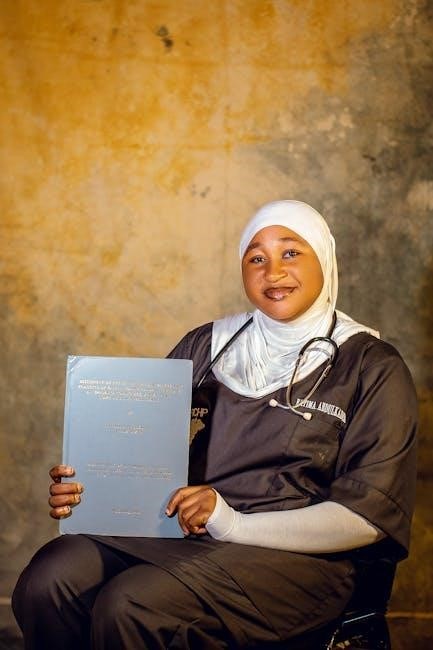
Monroe College’s ABSN program is currently accepting applications for the Winter 2026 semester, designed for those with a bachelor’s degree in a related medical field. The International College of Health Sciences welcomes individuals with Associate Degrees or higher in health-related fields, including foreign medical doctors.
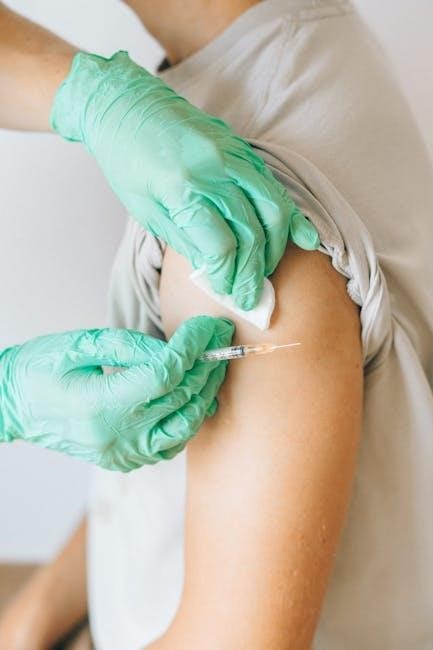
FVI School of Nursing and Technology provides a structured path for physicians, minimizing barriers to US nursing licensure. These programs typically span 12-18 months, encompassing intensive coursework, clinical rotations, and NCLEX-RN preparation. They are structured as four consecutive semesters, including summer sessions, with on-campus didactic, clinical, and lab components.
Monroe College ABSN Program Details
Monroe College’s Accelerated Bachelor of Science in Nursing (ABSN) program is specifically designed for International Medical Graduates (IMGs) holding a bachelor’s or master’s degree in a related medical field. This program offers a direct route to becoming a Registered Nurse (RN) in the United States.
Currently accepting applications for the Winter 2026 semester, the program is a four-semester intensive experience, including summer courses. Instruction is delivered on-campus, blending didactic classroom learning with hands-on clinical and laboratory experiences. The curriculum prepares graduates to successfully sit for and pass the NCLEX-RN examination.
Monroe College’s BSN degree equips students with the necessary skills and knowledge for a fulfilling nursing career. The accelerated format allows for quicker entry into the workforce, capitalizing on existing medical knowledge. It’s an ideal opportunity for IMGs seeking a rewarding healthcare profession in the US.
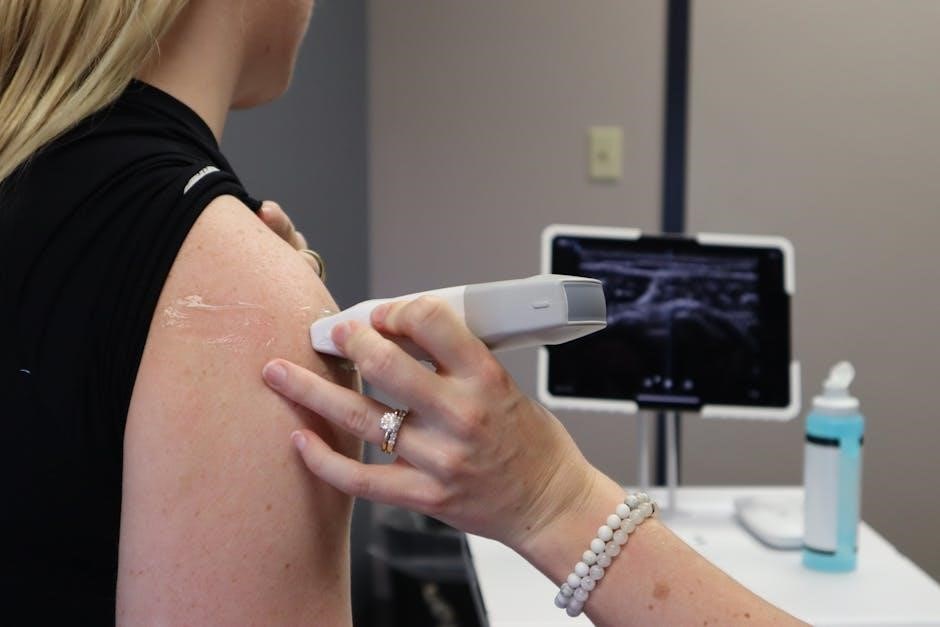
International College of Health Sciences ABSN Program
The Accelerated Bachelor of Science in Nursing (ABSN) program at the International College of Health Sciences caters to individuals with an Associate Degree or higher in a health-related field, as well as Foreign Medical Doctors, Chiropractors, and Vocational/Practical Nurses holding an Associate’s Degree.

This program is specifically designed for those seeking a streamlined path into nursing, recognizing prior education and experience. It’s an excellent option for International Medical Graduates (IMGs) aiming to transition their medical background into a nursing career within the United States healthcare system.
The ABSN program offers a focused curriculum, accelerating the process of becoming a Registered Nurse (RN). It provides a comprehensive education, preparing graduates for the demands of modern nursing practice and the NCLEX-RN examination. The college aims to provide a supportive learning environment for diverse student backgrounds.
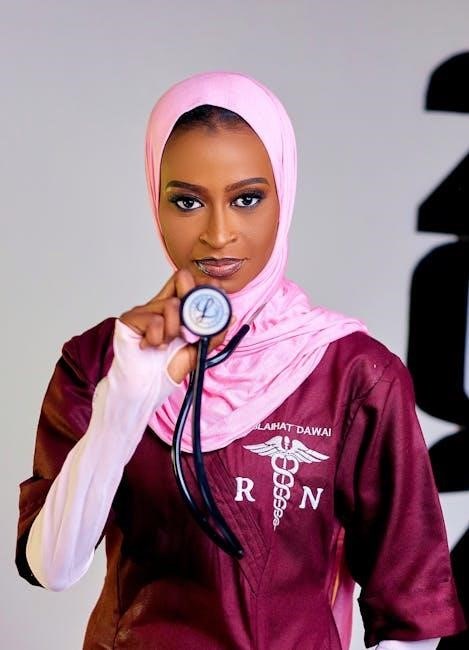
FVI School of Nursing and Technology Program
The Nursing Program for Foreign Medical Graduates & Physicians at FVI School of Nursing and Technology presents a structured and efficient route into the nursing profession. This program is specifically tailored for individuals with existing medical training seeking to practice as Registered Nurses (RNs) in the United States.
Recognizing the challenges faced by International Medical Graduates (IMGs) attempting to navigate the US healthcare system, FVI offers a pathway that requires less time and fewer obstacles than pursuing full physician licensure. The program acknowledges the valuable foundation of medical knowledge already possessed by its students.
FVI’s ABSN program focuses on bridging the gap between medical training and nursing practice, equipping graduates with the necessary skills and knowledge to excel in a nursing role. It prepares students to successfully sit for and pass the NCLEX-RN exam, leading to licensure as a Registered Nurse.

Program Costs & Tuition Fees
Understanding the financial commitment involved in pursuing an Accelerated BSN (ABSN) program is crucial for International Medical Graduates (IMGs). Costs vary significantly between institutions, encompassing tuition, fees, living expenses, and other associated costs.
Monroe College’s ABSN program, designed for IMGs, requires careful financial planning. International College of Health Sciences and FVI School of Nursing and Technology also have distinct fee structures. Prospective students should directly consult each school’s website for the most current and detailed breakdown of expenses.
Beyond tuition, consider expenses like books, clinical supplies, transportation, and health insurance. Many programs offer payment plans to ease the financial burden. Furthermore, exploring financial aid and scholarship opportunities specifically for IMGs is highly recommended. Thorough research and proactive financial planning are essential for a successful academic journey.
Application Deadlines & Timelines (Winter 2026 Intake)
For International Medical Graduates (IMGs) aiming for a Winter 2026 start in an Accelerated BSN (ABSN) program, meticulous attention to application deadlines is paramount. Each institution – including Monroe College, International College of Health Sciences, and FVI School of Nursing and Technology – maintains its own specific timeline.
Generally, applications open several months prior to the intake, with rolling admissions often employed. Early application is strongly encouraged to maximize chances of acceptance. Key dates include submission of transcripts, prerequisite course completion verification, and standardized test scores (if required).
IMGs should anticipate a potentially longer processing time for credential evaluations. Therefore, initiating the evaluation process well in advance is vital. Regularly checking each program’s website for updates and adhering strictly to published deadlines will ensure a smooth application process. Don’t delay – Winter 2026 is approaching!
Success Rates & NCLEX Pass Rates
Evaluating the success rates and NCLEX-RN pass rates of Accelerated BSN (ABSN) programs is crucial for International Medical Graduates (IMGs). These metrics offer valuable insight into a program’s effectiveness in preparing students for professional practice.
While specific, publicly available data varies between institutions like Monroe College, International College of Health Sciences, and FVI School of Nursing and Technology, prospective students should actively seek this information during their research. High NCLEX pass rates generally indicate a robust curriculum and effective teaching methodologies.
Furthermore, consider graduation rates and post-graduation employment statistics. A program’s commitment to student support services, including dedicated advising and comprehensive review courses, often correlates with improved outcomes. Prioritize programs demonstrating a consistent track record of success in guiding IMGs toward licensure and fulfilling nursing careers.
Resources for IMGs Pursuing Nursing in the US
International Medical Graduates (IMGs) transitioning to nursing in the US benefit from numerous resources. Credential Evaluation Services like CGFNS and ECE are essential for verifying academic qualifications. State Boards of Nursing websites provide specific licensure requirements, varying considerably by state.
Organizations dedicated to assisting foreign-trained healthcare professionals offer guidance on visa processes (F-1 Visa) and navigating the US healthcare system. Exploring professional nursing associations can provide networking opportunities and continuing education resources.

Accelerated BSN (ABSN) programs, such as those at Monroe College, International College of Health Sciences, and FVI School of Nursing and Technology, often have dedicated IMG support teams. Online forums and communities connect IMGs, fostering peer support and information sharing. Thorough research and proactive engagement with these resources are vital for a successful transition.